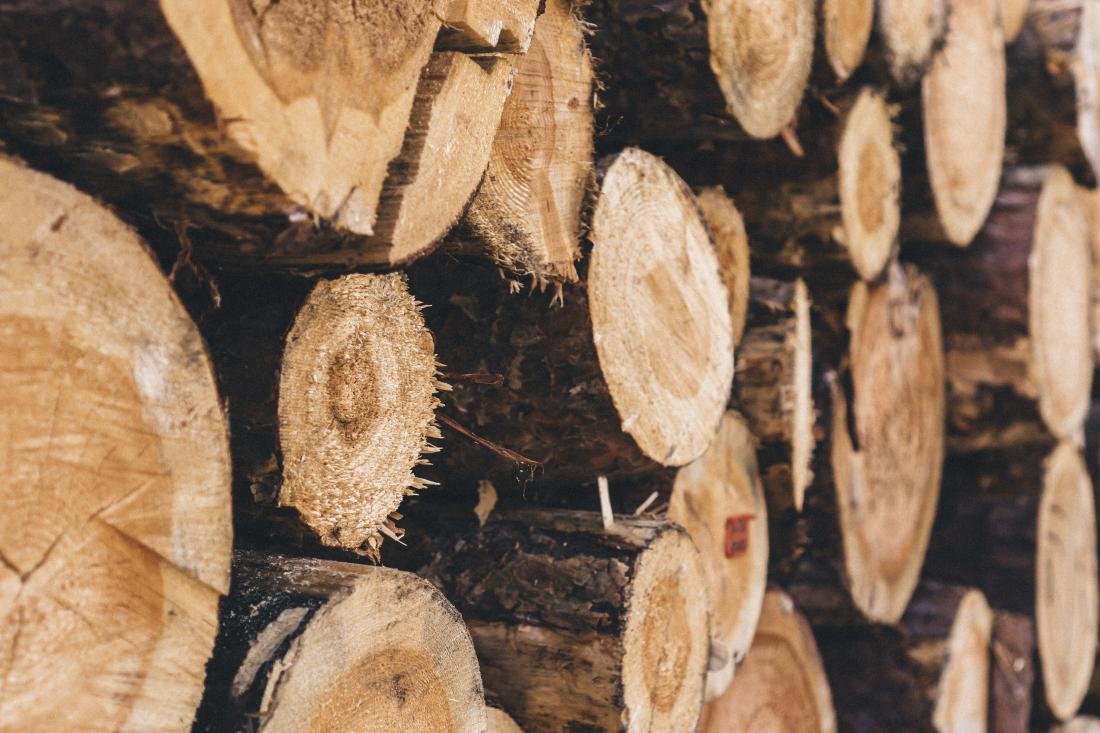Sustainable Resource and Economic Asset
Sabah Timber
Jul 20 2023
Sabah, a Malaysian state located on the island of Borneo, is renowned for its rich biodiversity and natural resources. Among its most valuable assets is its abundant timber reserves, which have played a significant role in the state's economy and development. This article explores the importance of Sabah timber, its sustainable management practices, and its contribution to both the local economy and global market.
Some of the prominent timber species found in Sabah include Meranti (Shorea spp.), Kapur (Dryobalanops spp.), Keruing (Dipterocarpus spp.), Belian (Eusideroxylon zwageri), and others. These species are known for their strength, durability, and attractive appearance, making them highly sought after in both domestic and international markets.
Abundance of Timber Resources in Sabah
Sabah is blessed with vast forested areas, covering approximately 3.9 million hectares, which accounts for nearly 60% of the state's land area. These lush rainforests are home to a diverse range of timber species, making Sabah a treasure trove for the timber industry.Some of the prominent timber species found in Sabah include Meranti (Shorea spp.), Kapur (Dryobalanops spp.), Keruing (Dipterocarpus spp.), Belian (Eusideroxylon zwageri), and others. These species are known for their strength, durability, and attractive appearance, making them highly sought after in both domestic and international markets.
Sustainable Timber Management Practices
Recognizing the significance of their forest resources, the Sabah state government has been actively promoting sustainable forest management practices. Sustainable timber harvesting practices aim to strike a balance between meeting current timber demands while ensuring the long-term health and regeneration of the forests.Some of the sustainable practices include:
Selective Logging: Instead of clear-cutting entire forest areas, selective logging focuses on carefully harvesting only mature and commercially valuable trees, allowing younger trees to grow and replenish the forest.
Reforestation and Afforestation: Reforestation initiatives involve replanting harvested areas with tree seedlings, while afforestation involves planting trees in previously non-forested areas.
Forest Certification: Sabah has made significant strides in obtaining forest certifications, such as the Forest Stewardship Council (FSC) certification, which ensures that timber products come from responsibly managed forests.
Community Involvement: The inclusion of local communities in forest management decisions helps foster a sense of ownership and stewardship, leading to better conservation practices.
Contribution to the Local Economy
The timber industry has been a crucial pillar of Sabah's economy for decades. Timber exports contribute significantly to the state's revenue and provide employment opportunities for thousands of people, including loggers, sawmill workers, and other related industries. Additionally, the royalties and taxes generated from timber exports contribute to funding various development projects and initiatives across the state, improving infrastructure and living standards for local communities.Balancing Economic Interests with Conservation Efforts
Despite the economic benefits of the timber industry, Sabah faces the challenge of balancing economic interests with conservation efforts. Rampant illegal logging and unsustainable practices pose threats to the fragile ecosystems and the survival of certain endangered timber species. To address these challenges, the Sabah government, in collaboration with environmental organizations, continues to implement stricter regulations, increase enforcement, and promote sustainable logging practices. Sabah's timber resources are a valuable asset that has contributed significantly to the state's economic growth and development. Through sustainable management practices, Sabah has been able to harness its timber wealth responsibly, ensuring the preservation of its unique rainforests for future generations. By striking a balance between economic interests and conservation efforts, Sabah continues to be a shining example of how a resource-rich region can manage its timber assets sustainably while safeguarding its natural heritage.


